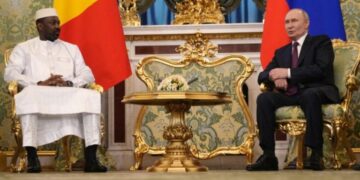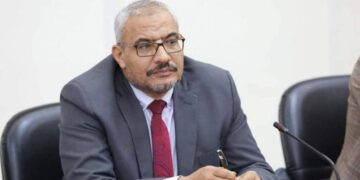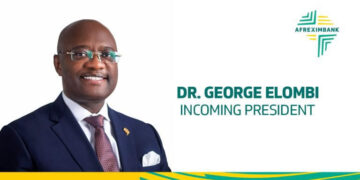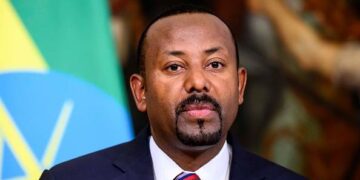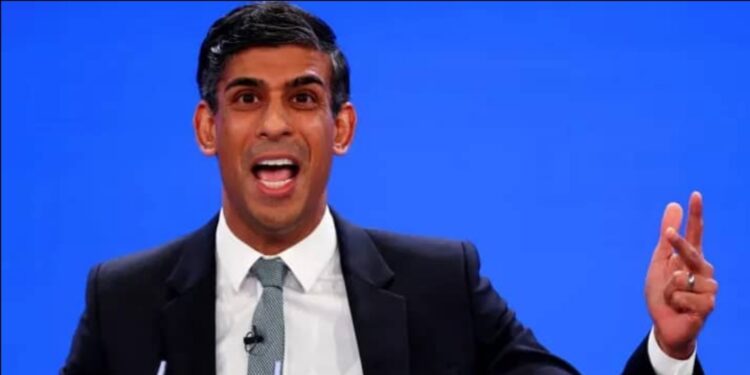By Enyichukwu Enemanna
The Prime Minister of United Kingdom, Rishi Sunak on Tuesday secured the vote of the Parliament in support of his emergency bill to revive the plan to send asylum seekers to Rwanda
Mr Sunak said he would work to put his emergency legislation into law “so that we can get flights going to Rwanda and stop the boats” after winning at the parliament.
The respite came after Mr Sunak hosted an emergency breakfast with about 20 right-wing Conservative MPs as he sought to avert a mass rebellion against the plan.
The efforts to bring people support the bill worked, with MPs approving the bill at second reading by 313 votes to 269, giving the government a winning majority of 44.
Dozens abstained but members of Sunak’s Tory Party in the parliament did not vote against the bill. Former party leader Sir Iain Duncan Smith and former business secretary Jacob Rees-Mogg were among those who backed it.
Mark Francois, chairman of the European Research Group (ERG) of Eurosceptic Tories, announced ahead of the Commons vote that his group and four other right-wing factions – the self-described “five families” – would be abstaining, with a view to putting forward amendments early next year.
The other factions include the New Conservatives, Common Sense Group, Conservative Growth Group and Northern Research Group.
The ERG leader said Mr Sunak had told colleagues he was “prepared to entertain tightening the bill” and that, if the Prime Minister does not accept changes to ensure that happens, then the five caucuses “reserve the right to vote against” the government at the next stage.
A Tory rebel source told the PA news agency: “This bill has been allowed to live another day.
“But without amendments it will be killed next month. It is now up to the government to decide what it wants to do.”
Last month, the UK Supreme Court ruled Sunak’s policy of deporting to Rwanda those arriving illegally in small boats on England’s southern coast would breach British and international human rights laws and agreements.
In response, Sunak agreed a new treaty with the East African nation and brought forward emergency legislation designed to override legal obstacles that would stop deportations.













